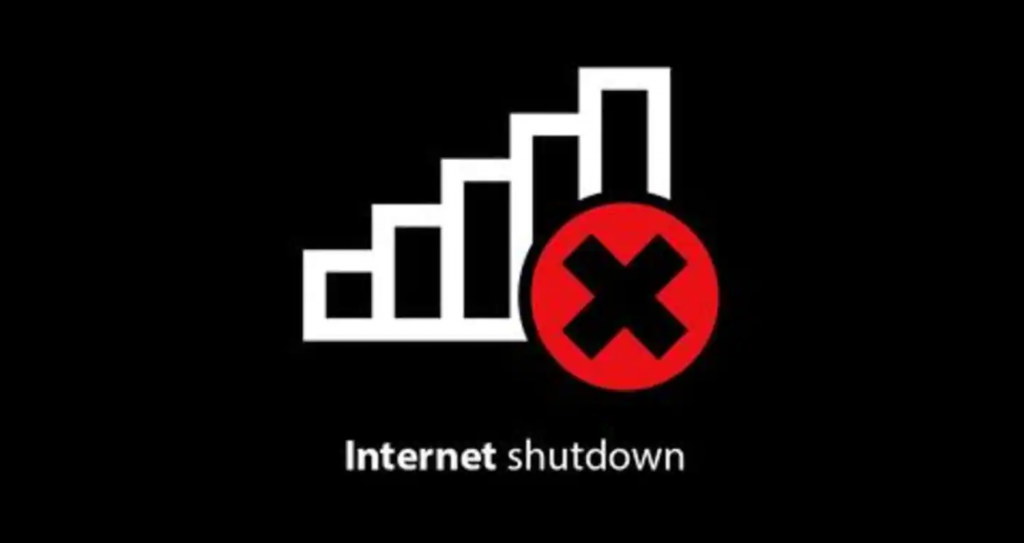Online censorship, cyber surveillance, and internet shutdowns are the key ingredients in a rising wave of digital authoritarianism/dictatorship.
An internet shutdown, explained by AccessNow, is an intentional disruption of internet or electronic communications, rendering them inaccessible or effectively unusable, for a specific population or within a location, often to exert control over the flow of information.” While OONI/Open Network of Network Intervention puts online censorship like blocking apps and website also forms of internet shutdown.
Keep It On coalition 2019 report recorded two countries in SEA: Myanmar especially in the Chin and Rakhine states and also Indonesia especially in Papua and West Papua provinces.
In Myanmar, internet shutdown happened more than two years, until now. The Myanmar government practices internet shutdown based on national security reason to control the population of Rohingya people.
On May 26, 2020, the #KeepItOn coalition issued an open letter to the Deputy Director-General of the WHO, Dr. Zsuzsanna Jakab, calling on her to urge the governments of Bangladesh, India, Myanmar, and Pakistan to end the blatant and arbitrary internet shutdowns currently ongoing — even amid the COVID-19 pandemic.
While in Indonesia, internet shutdown was based on, I got valid information based on the same reason, national security rather than what-so-called the worrying spreading of hoaxes. If the Government said the reason of internet shutdown for handling hoaxes, actually it is an instant and easy and lazy way to solve problem of hoaxes, which create greater problems and undermine digital rights.
On 18 August 2019, there was peaceful demonstrations due to protests over racism experienced by Papuan students in Surabaya and Malang in 16 August 2019. To control the situation, the Government decide to practice internet shutdown.
● Bandwidth throttling in several areas of West Papua Province and Papua Province on August 19, 2019 from 13.00 Eastern Indonesian Time to 20.30 Eastern Indonesian Time
● Internet shutdown completely in Papua Province (29 cities / districts) and West Papua Province (13 cities / districts) dated August 21 — September 4, 2019 at 23:00 Eastern Indonesian Time
● Internet shutdown continues in 4 cities / districts in Papua Province (ie Jayapura City, Jayapura Regency, Mimika Regency, and Jayawijaya Regency) and 2 cities / districts in West Papua Province (ie Manokwari City and Sorong City) from September 4–9, 2019
Papua and West Papua have long been conflict areas in eastern part of Indonesia. The government usually used security approaches and technological oppression to curb freedom of expression and freedom to assembly.
Actually internet shutdown in Papua and West Papua was not the first time Throttling/Bandwidth Internet in Indonesia. Previous cases had occurred during the riots after the election in May, 2019. On 22–25 May 2019, the government “ordered” ISP to slowing down image and video in WhatsApp and social media.
I saw similarity from these two internet shutdown in Myanmar and Indonesia: the Governments used the internet shutdown to oppress the people, so they can not exercise their rights and also can not exercise the freedom of assembly (in the situation like COVID-19 right now) as we use digital space as a way to do consolidation among civil society groups and spreading hope.
Let’s be aware because internet shutdowns were growing as a new trend in the globe and the possibilities that internet shutdown will be used in this region. Meanwhile we still having problems of internet shutdown within current countries like at Rakhine and Chin states in Myanmar, as well as at Papua and West Papua in Indonesia, we have to be careful since the dawn of digital authoritarianism/dictatorship in the region.
In the end of my respond, “will democracy survive “national security” in the digital space of Southeast Asia?” YES, if we are fighting back these digital authoritarian practices.
Damar Juniarto, executive director at SAFEnet. Presented in Rightscon 2020 during session “Will democracy survive “national security” in the digital space of Southeast Asia?” held by Manushya Foundation and PEN International, 31 July 2020.

